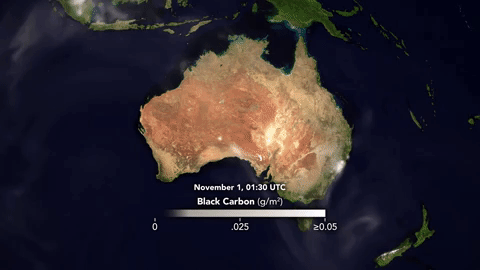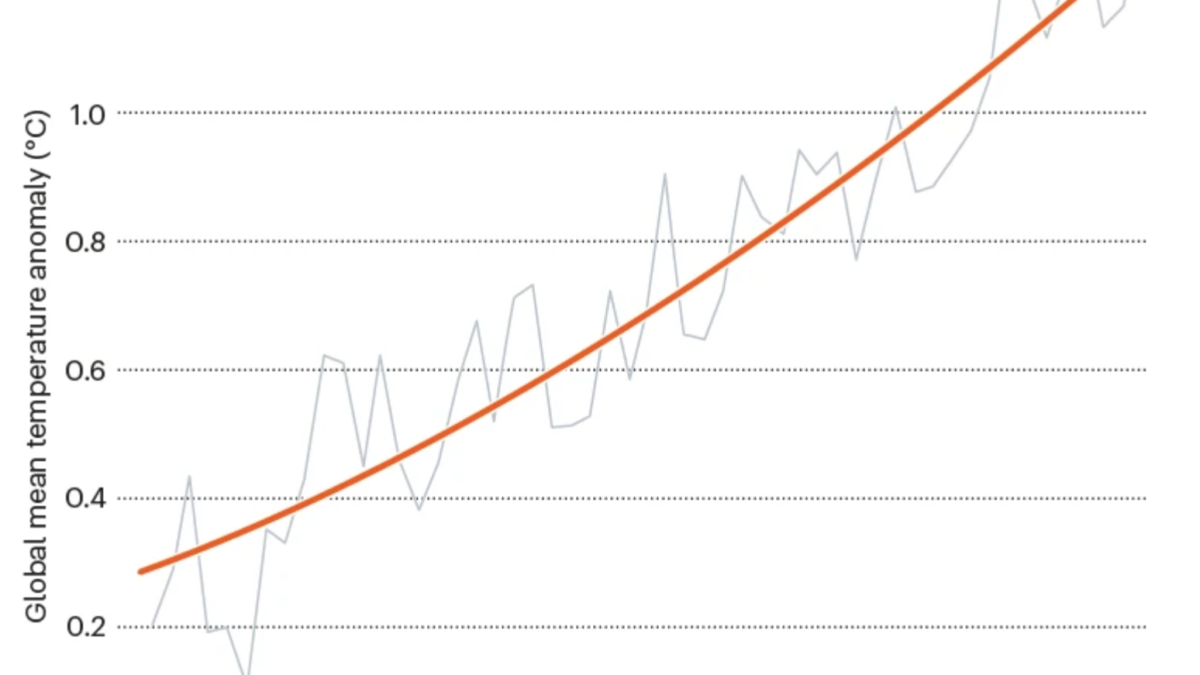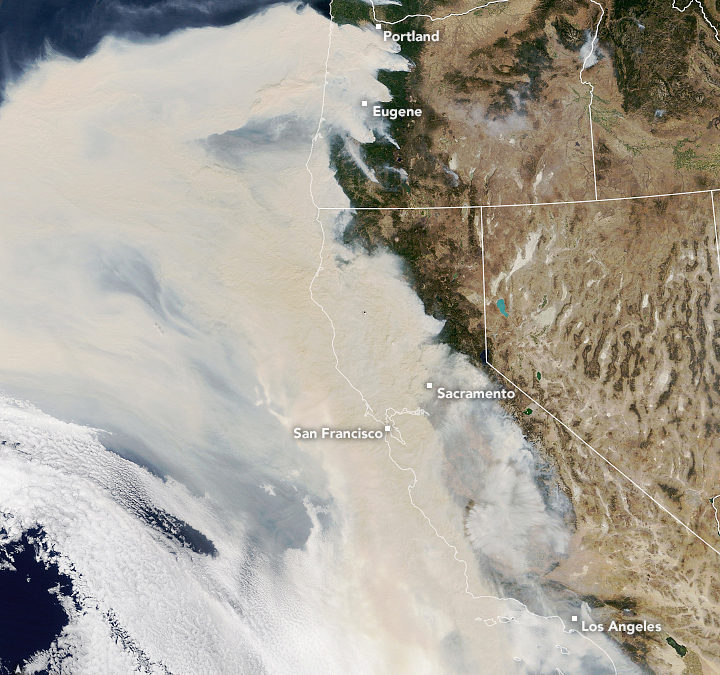Bad ancestors: does the climate crisis violate the rights of those yet to be born?
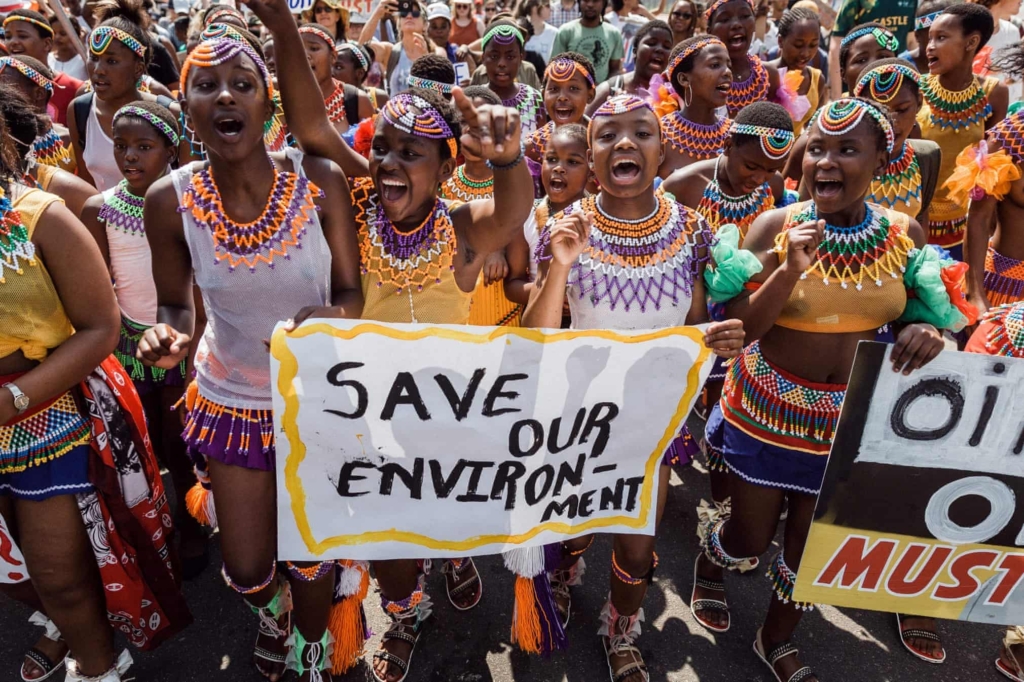
By Astra Taylor
1 October 2019
(The Guardian) – What if climate breakdown is a violation of the rights of those yet to be born? Finally, this urgent question seems to be getting the attention it deserves. Last month an astonishing 7 million people from nearly 200 countries took to the streets as part of the youth-led global climate strike. Young people around the world recognise that the disastrous repercussions of the already present ecological crisis will fall disproportionately on their shoulders, and the shoulders of generations to come – in particular on those whose communities have emitted the smallest proportion of greenhouse gasses.
Greta Thunberg, whose “school strike for the climate” ignited a movement, often speaks on behalf of those who don’t yet exist. Addressing the UN climate action summit in Manhattan on 23 September she denounced the assembled adults for pursuing money over morality and embracing “fairytales of eternal economic growth” instead of facing the facts of hard science. “Young people are starting to understand your betrayal,” she said. “The eyes of all future generations are upon you. And if you choose to fail us, I say: we will never forgive you.”
That very same day Thunberg and 15 other young people hailing from places such as Tunisia, the Marshall Islands and Brazil, brought a legal complaint about the climate crisis to the UN. “Our rights are being violated by world leaders’ inaction,” said 14-year-old petitioner Alexandria Villaseñor of New York.
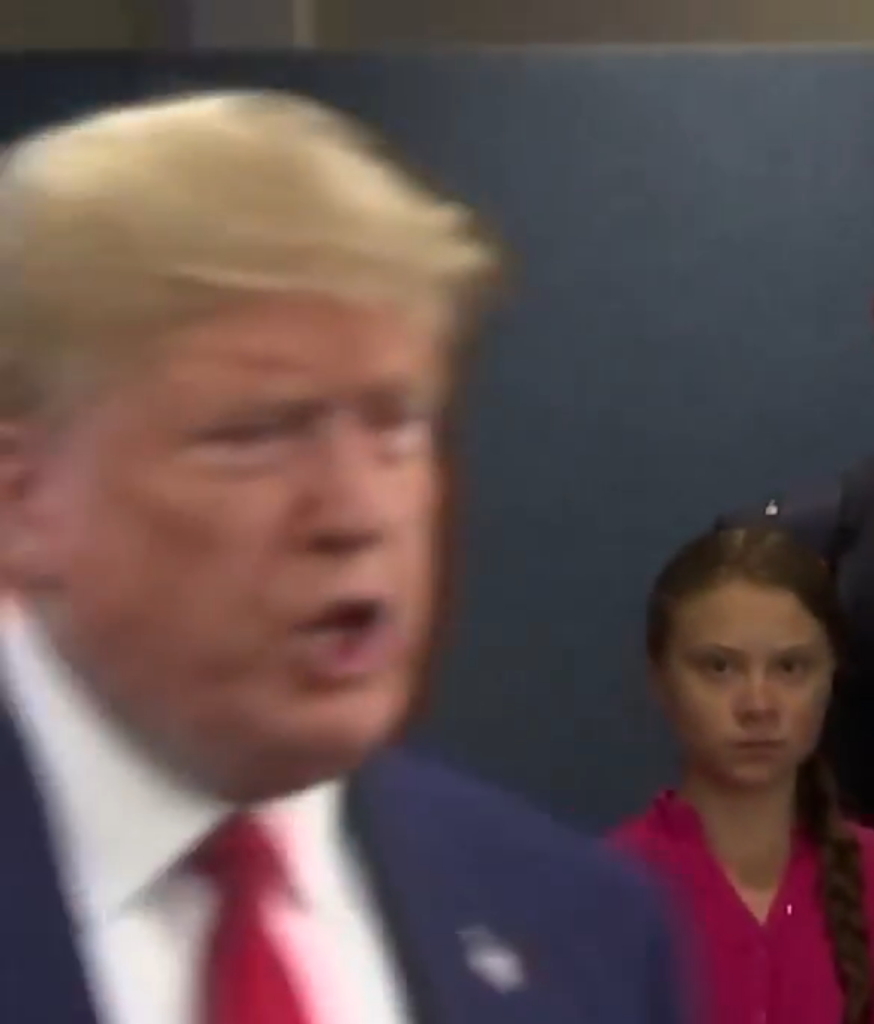
That is precisely what some concerned young people have been arguing in the US court system since 2015, when a group of seven plaintiffs, not yet old enough to vote, filed a lawsuit in the commonwealth court of Pennsylvania against Governor Tom Wolf and various state agencies. The suit argued that the defendants had failed to take necessary action to regulate carbon dioxide and other greenhouse gases consistent with the commonwealth’s obligations as a public trustee. In the legal team’s language, the state was failing in its responsibility to “conserve and maintain public natural resources, including the atmosphere, for the benefit of present and future generations”.
While the Pennsylvania lawsuit ultimately failed, a similar case filed in Oregon has been wending its way through the legal system with greater success. In Juliana v United States, 21 plaintiffs take aim at the federal government for violation of the constitutional rights not just of their generation but also of future ones. Now aged 11 to 22, they accuse federal officials and oil industry executives of knowingly creating a national energy system that causes climate change, despite decades of evidence that carbon dioxide emissions from the burning of fossil fuels destabilise the environment. Officials did not merely fail to regulate and restrain bad actors, they argue, but actively facilitated their endeavours, thereby violating citizens’ constitutional rights to life, liberty and property while also jeopardising essential public resources. […]
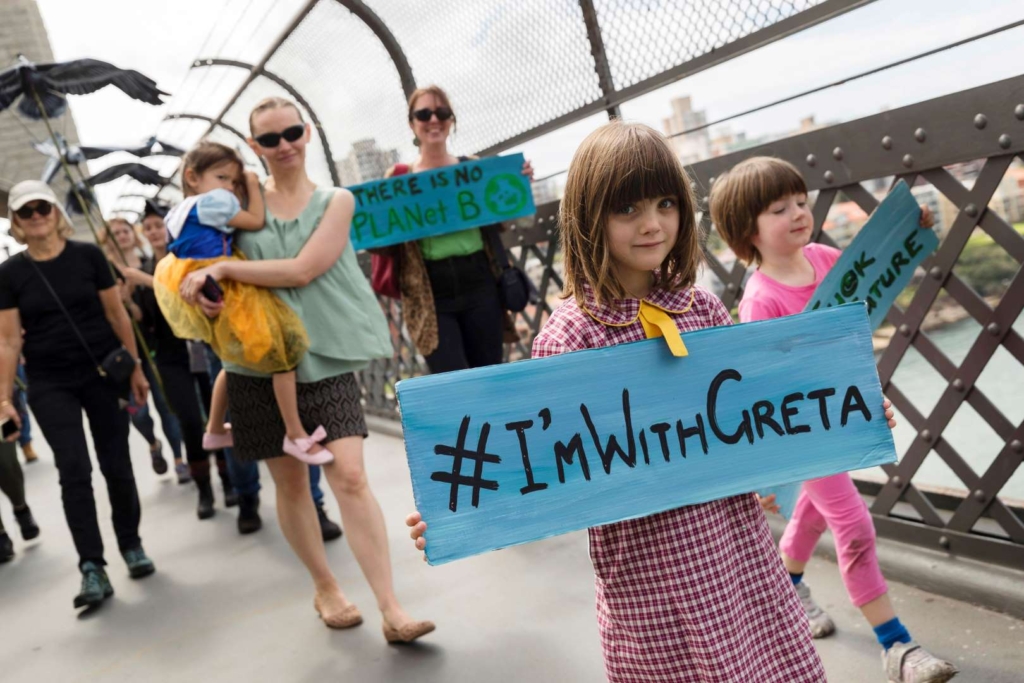
Rekha Dhillon-Richardson became one of the plaintiffs in the Pennsylvania lawsuit when she was 15. “The fundamental human rights and futures of children and youth are disproportionately threatened by climate destabilisation, even though we have had little to do with the production of the problem,” she told me when I asked what had inspired her to join the suit.
The youth lawsuits and school strikes dramatise a crucial aspect of the threat to democracy posed by climate emergency: the question of intergenerational responsibilities and ethical duties across decades and centuries.
To put it another way: what is the relationship of democracy to time? [more]
Bad ancestors: does the climate crisis violate the rights of those yet to be born?
